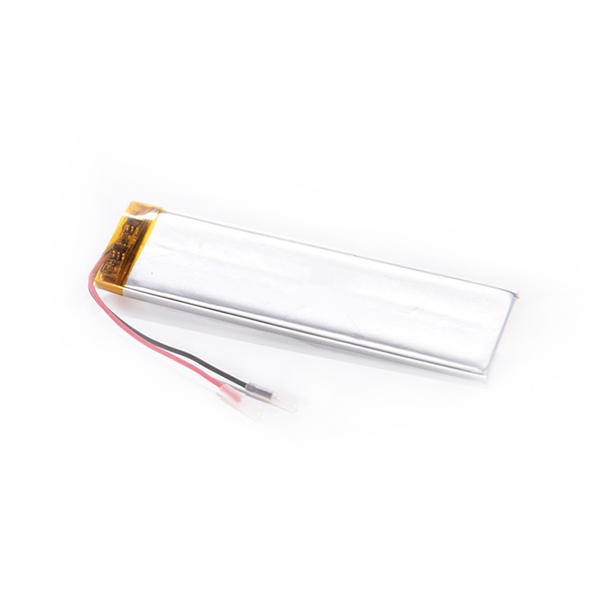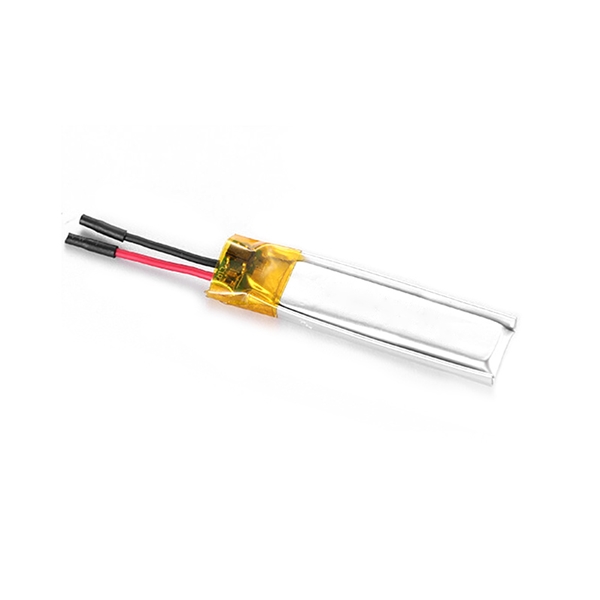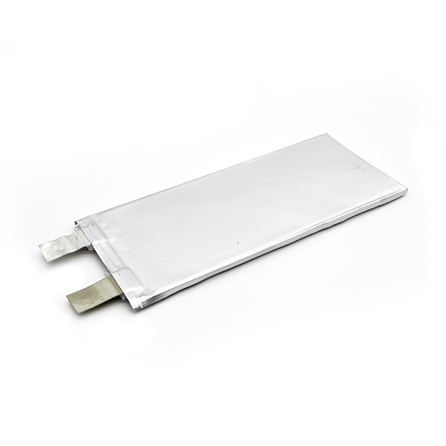-
Home
- Battery
- Application
- Solution
- News
- About Us
Inquiry
Contact UsIf you have any questions, please contact us immediately!What is the principle of lithium-ion batteries and what are the advantages and disadvantages of lithium-ion batteries?
2021-08-10Analysis of the principles of lithium-ion batteries and their advantages and disadvantages
With the rapid development of science and technology and the gradual strengthening of global awareness of environmental protection, new energy vehicles have stood at the forefront of the market and attracted much attention. As the core power source of new energy vehicles, the performance of lithium-ion batteries is directly related to the overall performance of the vehicle. This article will delve into the working principle of lithium-ion batteries and analyze their inherent advantages and disadvantages in detail, hoping to give readers a more comprehensive understanding of lithium-ion batteries.
1. Working principle of lithium-ion battery
Lithium-ion battery is a typical secondary battery, that is, a rechargeable battery. Its working principle is based on the reciprocal migration of lithium ions between the positive and negative electrodes inside the battery. Specifically, when the battery is charged, lithium ions are released from the positive electrode, pass through the electrolyte, and are embedded in the negative electrode; and when the battery is discharged, lithium ions are released from the negative electrode, pass through the electrolyte, and return to the positive electrode. This process is repeated to realize the charging and discharging function of the battery.
Inside a lithium-ion battery, the positive electrode is usually composed of lithium compounds such as lithium cobalt oxide (LiCoO2), lithium iron phosphate (LiFePO4), etc.; the negative electrode is mainly made of carbon materials, such as graphite, hard carbon or silicon wait. The electrolyte is usually a mixture of lithium salts and organic solvents, which provides a channel for lithium ions to migrate between the positive and negative electrodes.
2. Advantages of lithium-ion batteries
1. High energy density: Lithium-ion batteries have higher mass specific energy and higher volume specific energy, which means they can store more electrical energy in a smaller volume and mass. Compared with traditional lead-acid batteries and nickel-metal hydride batteries, this advantage of lithium-ion batteries is particularly prominent, allowing electric vehicles to have a longer driving range.
2. High operating voltage: The operating voltage of lithium-ion batteries is usually between 3.6 and 3.8 volts, which is significantly higher than other types of secondary batteries. This means that at the same current, lithium-ion batteries can provide higher output power to meet the power needs of equipment such as electric vehicles.
3. No memory effect: Lithium-ion batteries have no memory effect, which means that even if they are charged without being completely discharged, the service life of the battery will not be affected. This feature allows lithium-ion batteries to have greater flexibility in charge management.
4. Low self-discharge rate: Lithium-ion batteries have a low self-discharge rate, which means they lose less power when not used for a long time. This makes lithium-ion batteries very suitable for use as energy storage devices in various scenarios.
5. Long life: Under normal use conditions, the cycle life of lithium-ion batteries can reach thousands or even tens of thousands of times. This makes them have broad application prospects in areas such as electric vehicles.3. Disadvantages of lithium-ion batteries
1. High cost: Although lithium-ion batteries have obvious performance advantages, their production costs are relatively high. This is mainly due to price fluctuations in lithium resources and the complex processes involved in battery manufacturing. With the advancement of technology and the expansion of production scale, the cost of lithium-ion batteries is expected to gradually decrease in the future.
2. Safety issues: Lithium-ion batteries may have certain safety risks when exposed to extreme temperatures or external impacts. For example, overcharging, over-discharging, or short-circuiting may cause thermal runaway of the battery or even fire and explosion. In order to ensure the safety of lithium-ion batteries, strict safety design and protection measures must be taken.
3. Temperature sensitivity: The performance of lithium-ion batteries is more sensitive to temperature changes. In low-temperature environments, the capacity and output power of the battery may decrease significantly; while in high-temperature environments, the risk of thermal runaway of the battery increases. Therefore, when using lithium-ion batteries, their working environment must be strictly controlled.
4. Resource constraints: The reserves of lithium resources are limited and unevenly distributed, which may have a certain impact on the long-term supply of lithium-ion batteries. With the rapid growth of global demand for lithium-ion batteries, how to ensure a stable supply of lithium resources has become an urgent problem to be solved.4. Conclusion and Outlook
To sum up, lithium-ion batteries have been widely used in new energy vehicles and other fields due to their advantages such as high energy density, high operating voltage, no memory effect, low self-discharge rate and long life. However, shortcomings such as high cost, safety issues and resource constraints also restrict the further development of lithium-ion batteries. Looking to the future, with the continuous emergence of new materials and new technologies and the continued expansion of production scale, we have reason to believe that the performance of lithium-ion batteries will be further improved and their costs will be gradually reduced. At the same time, by strengthening safety research and optimizing resource utilization, it is expected to further overcome the existing shortcomings and challenges of lithium-ion batteries. Against this background, we have reason to expect that lithium-ion batteries will play a greater role in the future and promote the global energy transformation and sustainable development process.
Follow us- +86 0769-21688994
- Room 603, Building 9, No.1 Boheng Second Road, Songshanhu Park, Dongguan City, Guangdong Province
All rights reserved © Guangdong Qiantu Battery Technology Co., LtdQiantu Battery - Battery













